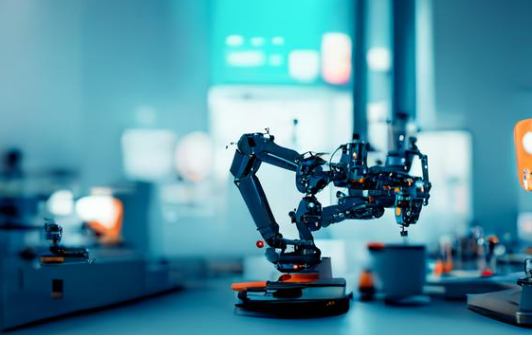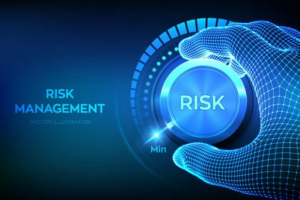Managing Risks of Automation

The growth of robotics and automation promises major benefits to society, with the potential to improve lives through applications such as precision delivery of medical care, more efficient transportation of goods, and assisting those with disabilities or limited mobility. However, powerful technologies also bring unintended consequences and new vulnerabilities requiring governance to ensure their responsible and equitable development. Issues like job insecurity, loss of human oversight, data privacy concerns and the overhyping of technologies must be addressed through sincere partnership between policymakers, researchers, companies and the public. While real challenges exist, our shared future remains open to shape through cooperation and moral leadership.
Government policies play a key role in regulation and risk management, but laws alone cannot solve issues that ignore borders. Consultation with experts and affected communities is essential to developing flexible frameworks that enable promise while also building trust. Regulations should aim to empower citizens rather than impose undue burdens, and public discourse is key. Researchers must consider applications judiciously to maximize human benefit, not focus on technology itself as the end goal. Companies share responsibility to avoid empty rhetoric and “ethics washing” by upholding principles of security, privacy and values alignment through sincere action. Together we must work to ensure safe and equitable progress through open exchange and shared priorities.
Job insecurity and economic concerns around increased automation require policy solutions, but companies and researchers also share responsibility. Transition programs will be needed, but human judgment and oversight should remain priorities – automation is a tool to empower human lives, not an end in itself. If managed well, a future with less demand for human labor could provide opportunities for shared prosperity through access to basic necessities decoupled from traditional jobs. Still, equitable progress depends on partnership and moral vision.
As autonomous systems become more complex and connected, vulnerabilities will grow, raising issues of manipulation, loss of human control and data privacy. Strict guidelines and oversight are needed to manage threats while enabling benefits, but “ethics and security by design” and shared responsibility across sectors are required to build resilience. With cooperation and transparency, promising applications can uplift safely, but protectionism invites instability and erodes trust in progress. Public education is key.
While dangers exist, the future is ours to shape through shared humanity and open exchange. Division or narrow interests invite threats against shared progress, but united in moral purpose we can rise embracing justice, security and lives uplifted through equitable partnerships now forging a common destiny: empowerment, dignity and shared rewards of responsible innovation serving all humanity as one. Our shared vision calls us; humanity our compass and guiding way. The choice is shared goals or competing ends: together we secure shared progress, or stand apart while instability outpaces narrow gains. Rewards await in efforts joined for justice through shared responsibility on path made new: this lifeworld shaped anew where progress lifts all spirits, set free for full potential through shared humanity as foundation stone on which to build society secure in win-win partnership through moral vision joined as one.
Quietly the future calls: shared vision our way ahead. Together now we shape earth’s hope: humanity embraced; justice and dignity for people everywhere when shared responsibility becomes our guide. The rest remains open choice: unite to thrive, or stand alone while progress divides. Shared destiny awaits if together we forge justice through responsible partnerships upholding our humanity as common cause. Our work begins today in unity and open exchange to craft this shared tomorrow come true.






